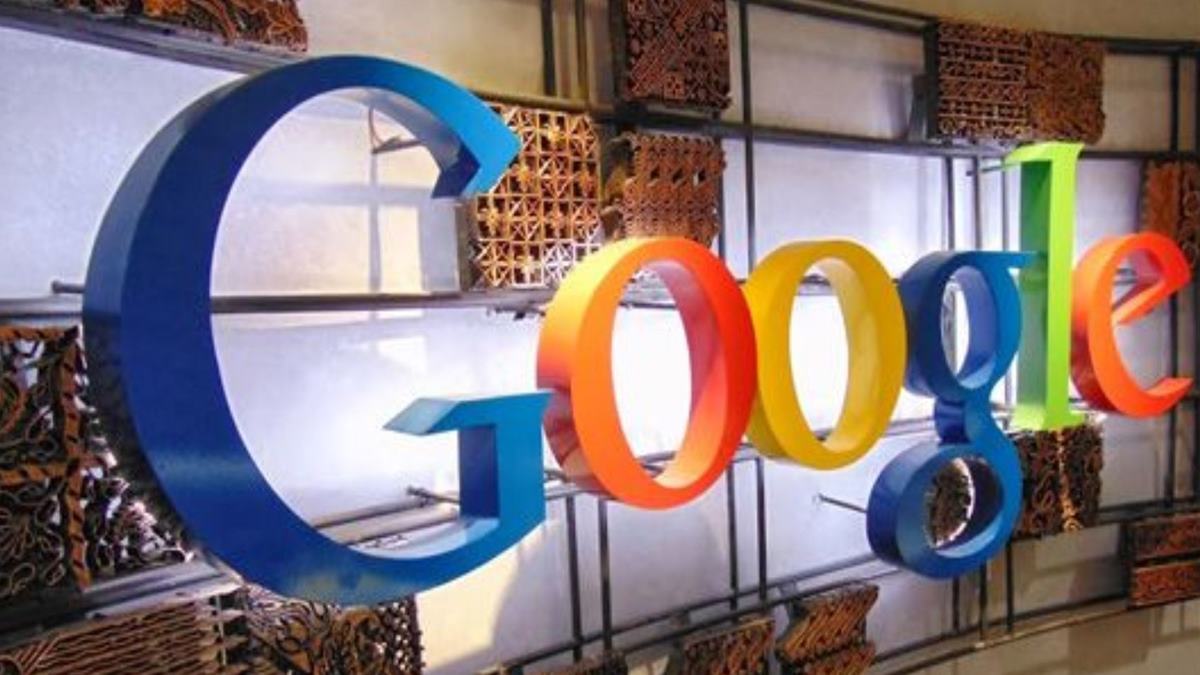A recent hiring post by a Microsoft manager on LinkedIn has provoked intense backlash, particularly among recently laid-off employees, with critics labelling the post as “almost sociopathic”. The uproar follows Microsoft’s announcement of approximately 6,000 job cuts, part of its ongoing pivot towards artificial intelligence, in what has become its largest downsizing since 2023, according to a report by FE.
The controversy began when the post, shared by a hiring manager seeking applicants for an “exciting opportunity” on Microsoft’s strategy team, was uploaded anonymously on Team Blind — a popular community forum for tech professionals. The timing of the recruitment message, just days after widespread layoffs, struck a nerve with many.
“This is why I hate LinkedIn,” wrote one former employee, expressing frustration at the insensitivity. “I hate the cringe. I feel so sorry for you but I’m going to use your misfortune to get some likes. This post is almost sociopathic. Have some REAL empathy. Is it that hard to ask?”
The post quickly went viral, drawing thousands of views and comments, with many noting that such behaviour was indicative of a larger corporate trend where business continuity takes precedence over people management. The juxtaposition of recruitment messaging with fresh redundancies, critics argue, exemplifies a disconnect between human impact and corporate priorities.
One comment summed up the internal conflict felt by many affected employees: “It hurts, but it’s that person’s job to hire for their team. Time and money move forward while we are left to pick up the pieces of our lives and careers. You can either lash out when you see it (unwise), protect yourself from viewing things by unfollowing Microsoft as a company, or separate yourself from your corporate identity and understand that companies are not people and therefore unable to have empathy. You have to depersonalise them if you want to stay sane.”
The broader context adds further complexity. Microsoft’s aggressive transition towards AI has been reshaping teams and resources across the company, often at the cost of human jobs. With competitors like Google, Meta, and Amazon also undergoing waves of layoffs, the trend appears industry-wide. Yet, the lack of humane timing and tone in corporate communications continues to fuel discontent, particularly among tech professionals who once saw these companies as bastions of innovation and employee welfare.
For many, the incident serves as a reminder of the impersonal nature of large corporations, especially in a climate increasingly driven by efficiency, automation, and shareholder priorities. While job openings remain crucial for business continuity, the emotional disconnect reflected in such posts raises deeper questions about corporate responsibility and the need for more empathetic communication practices, especially during periods of workforce transition.



















